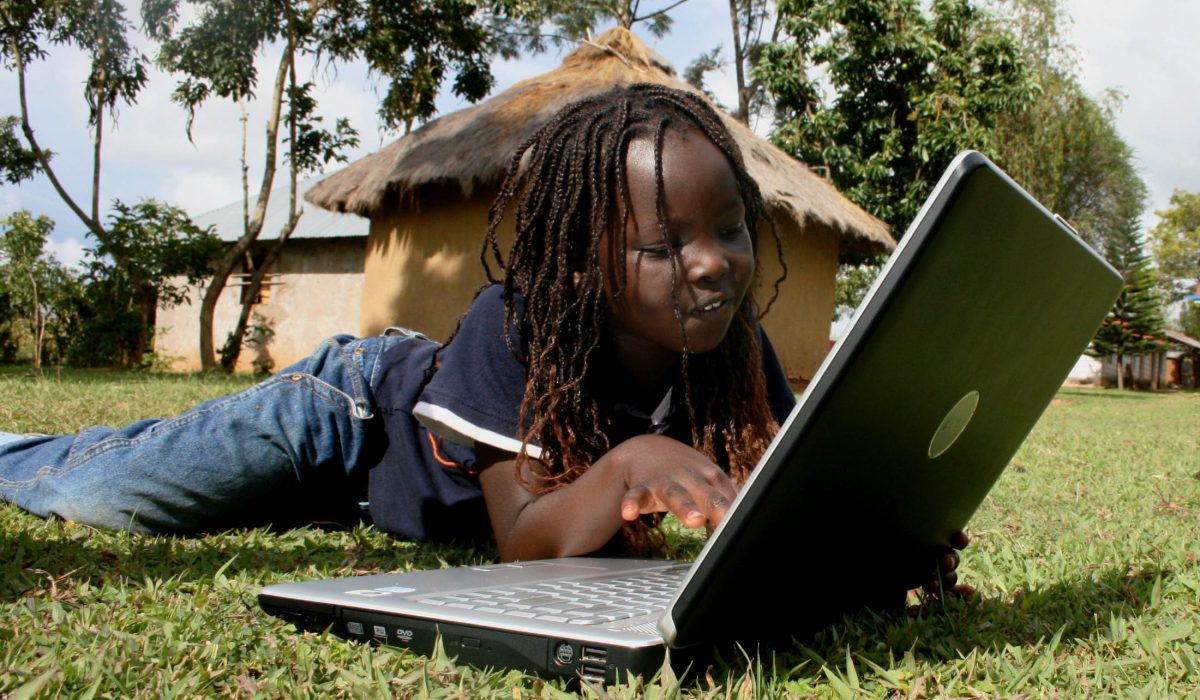Global Kids Online emphasises efforts to positively impact children’s wellbeing and rights in relation to the digital environment, nationally and internationally, and identifies five areas of potential impact:
- Academic: contributing to the long-term scientific evidence base on children and the internet through publishing high-quality, relevant research in peer-reviewed books, journals and other relevant fora.
- Conceptual: influencing and reframing debate and dialogue among key stakeholders (academics, policy-makers, NGOs, media) to affect their knowledge, understanding and attitudes about child rights in the digital age.
- Capacity-building: building competence at individual, organisational or systemic levels, and creating competence to generate, communicate, analyse or use research on children and the internet. It can serve multiple purposes – teaching, academic publishing, advocacy, policy development, or engaging in new practices.
- Collective: brokering new partnerships, networks or strategic alliances within and between countries. It aims to develop joint commitments and common agendas around child rights in the digital age to foster longer-term social change.
- Instrumental: ability to demonstrate a plausible contribution to changes in behaviour, policies, programmes and practice regarding child rights in the digital age within focal countries and across the international community more broadly.
When planning your knowledge exchange and impact, it is important to consider the full range of possible impact areas. Based on these, you can identify a variety of opportunities to create a positive change to children’s online experiences and well-being. Pay attention to identifying cause and effect from your activities and gathering the evidence for your impact, which can be challenging.
Our future depends on your ability to positively impact the world. (LSE Impact)
Global Kids Online works as a partnership of affiliated but independent country projects. Our approach to impact is to create strategic collaborations based on common goals, cross-country comparisons and shared lesson learning. Sharing good practice also allows new countries to benefit from the expertise of others further along the research to policy and practice spectrum. We therefore monitor the uptake of our work in multiple ways, acknowledging a holistic range of intermediate impacts across our research.
Our approach follows several key guiding principles: the need for a holistic understanding of impact; planning for impact from the outset; seeing impact as a process as well as an output; focusing on contribution, not attribution; having an opportunistic mindset; learning from failure; and being able to do more with less.
Global Kids Online has also carried out a study evaluating and providing an independent verification of self-reported emerging national and global research outcomes and impact from the collective activities of the network.
You can read the impact report here and find out more about the methods here.
Further resources:
Planning and monitoring impact
Anyone may use the resources under the Attributive Non-Commercial Creative Commons License (CC BY-NC) crediting Global Kids Online as the source.








